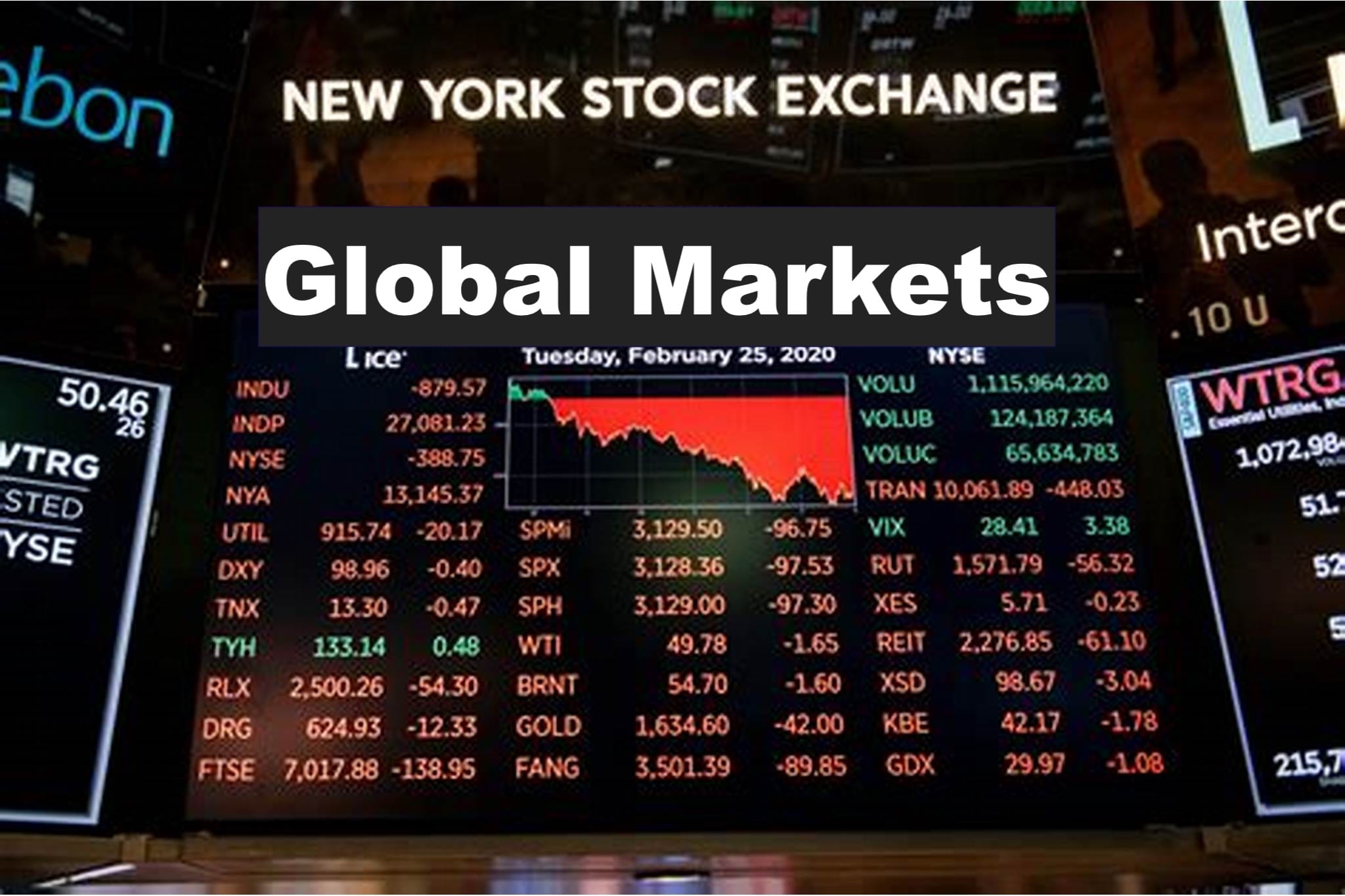The global financial markets are navigating through dynamic conditions driven by geopolitical tensions, fluctuating commodity prices, and central bank policies. Here’s a detailed overview of the latest global markets movements, insights from experts, and answers to frequently asked questions (FAQs).
Equity Markets Performance
- United States:
- Tech Stocks: Companies like Snowflake reported impressive Q3 earnings, boosting investor confidence in tech-driven innovation.
- Retail Sector: A sharp decline in Target shares highlights concerns about consumer spending and profit margins in a high-inflation environment.
- Asia-Pacific:
- Hong Kong’s Hang Seng Index experienced marginal growth, supported by property and tech stocks after China’s central bank opted for stable interest rates.
- Japan’s Nikkei dipped slightly as investors prepare for possible monetary tightening.
- Europe:
- Inflation uncertainties persist as the Eurozone reports weak PMI data. Major indices like the FTSE 100 and DAX showed mixed results, reflecting a cautious market sentiment.
Forex Market Movements
- The U.S. Dollar continues to dominate, bolstered by hawkish Federal Reserve statements. This strength puts pressure on competing currencies like the euro and yen, which are experiencing bearish trends.
- Analysts predict that upcoming U.S. jobless claims and inflation data may shift investor behavior significantly.
Commodities Update
- Gold: Prices crossed $2,650/oz as geopolitical risks and the potential for reduced interest rates support demand.
- Oil: Brent Crude prices remain volatile around $69/barrel, affected by supply-chain challenges and geopolitical tensions.
- Agricultural Commodities: Disruptions in Brazil have caused a spike in coffee prices, creating ripple effects across global markets.
Expert Opinions
- John Smith, Market Analyst: “The interplay between central bank policies and investor sentiment is crucial right now. Markets are teetering on the edge of optimism and caution as inflation and geopolitical risks loom.”
- Sarah Brown, Forex Specialist: “Currency markets are increasingly influenced by economic data releases. Dollar strength is likely to persist unless we see significant policy shifts from competing regions.”
Read More – The Innovative Mind of Elon Musk: Revolutionizing the Future

Most Asked Questions (FAQs)
- What are the main drivers of current market trends?
- Inflation concerns, central bank interest rate decisions, geopolitical tensions (e.g., Ukraine conflict), and corporate earnings are the dominant factors.
- Which sectors are performing well globally?
- Technology and energy sectors are showing resilience, while retail and consumer discretionary sectors face headwinds due to inflation.
- How should investors navigate these volatile times?
- Diversification remains key. Consider mixing high-growth sectors like tech with stable options like utilities or commodities.
- What currencies are most affected by the current forex trends?
- The U.S. dollar has strengthened significantly, creating challenges for the euro, yen, and emerging market currencies.
- What is the outlook for commodities like oil and gold?
- Gold is expected to maintain strength amid uncertainty, while oil prices depend heavily on Middle Eastern tensions and U.S. inventory data.
Conclusion
Global financial markets are at a critical juncture, with major shifts anticipated in response to inflation data and central bank policies. Monitoring developments in key sectors like technology and energy, as well as staying informed about geopolitical risks, is essential for investors.
For in-depth analysis and the latest updates, explore these resources:
This comprehensive understanding equips you to make informed financial decisions in a complex global landscape.




